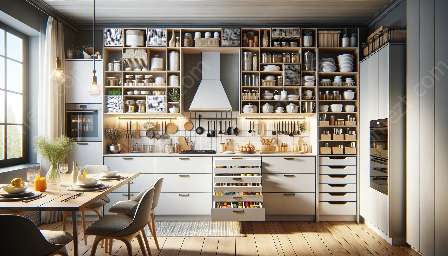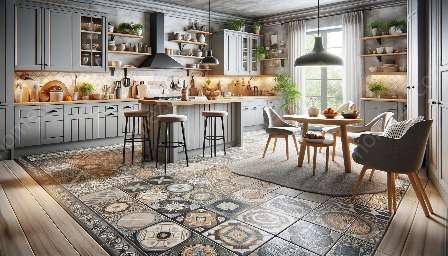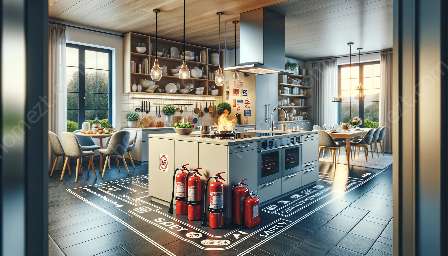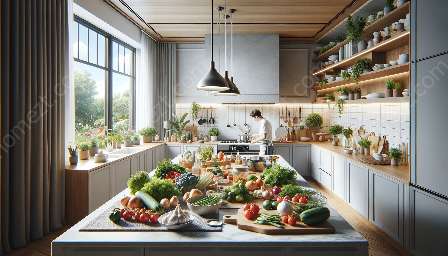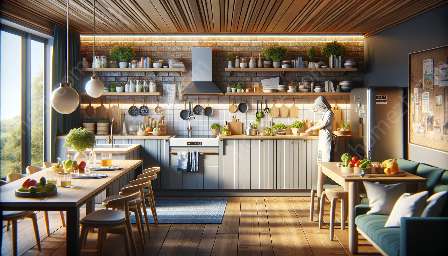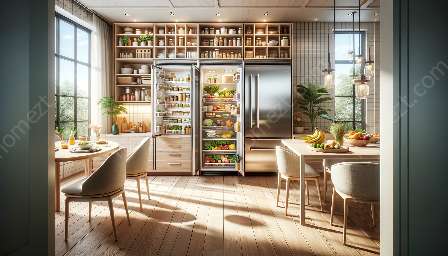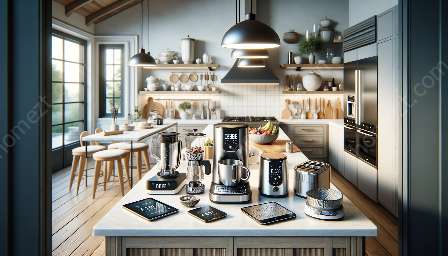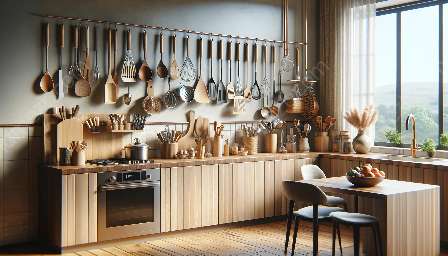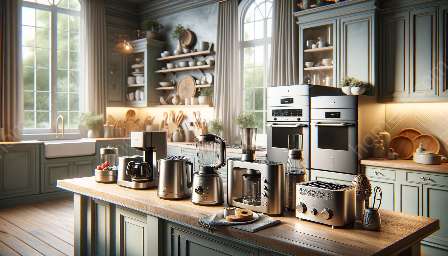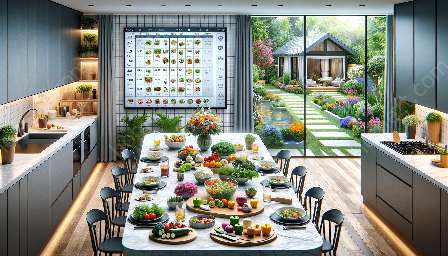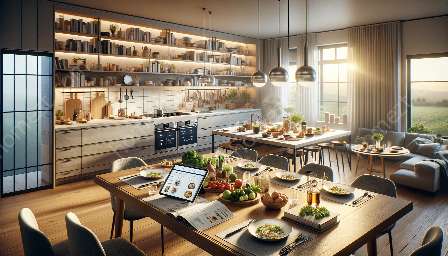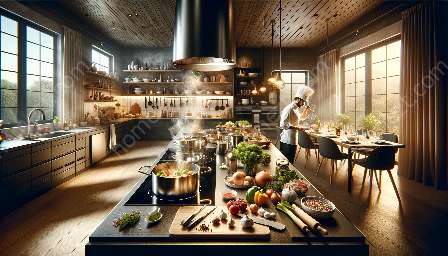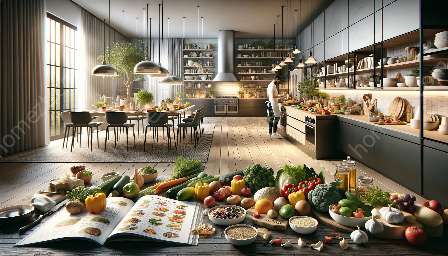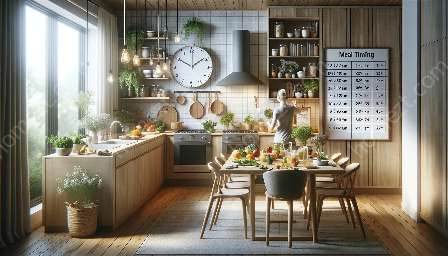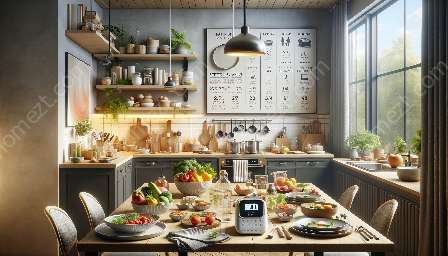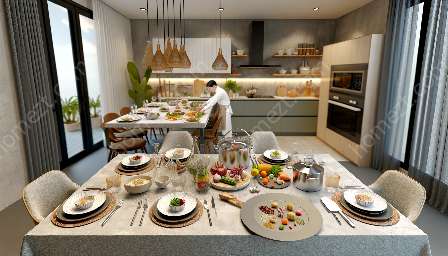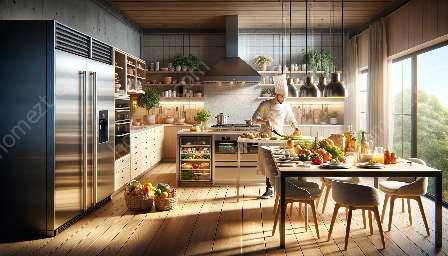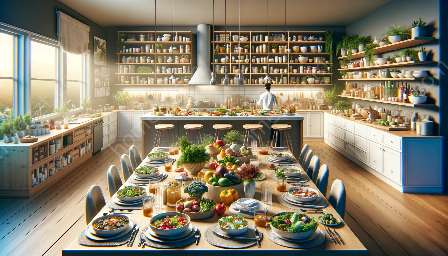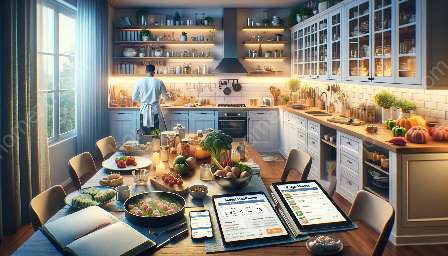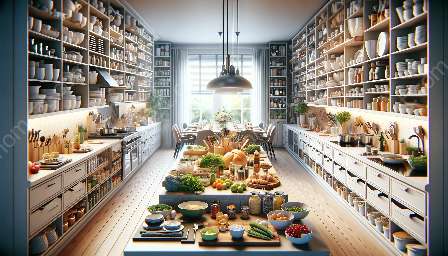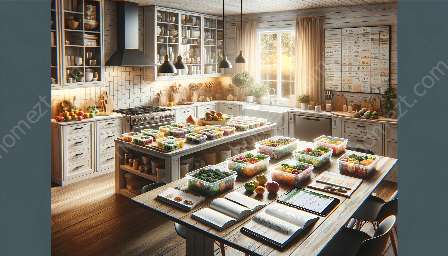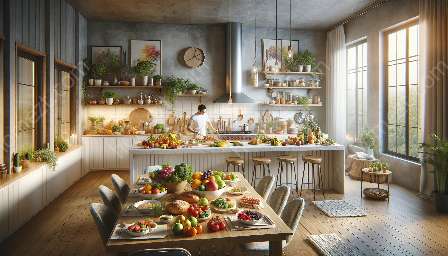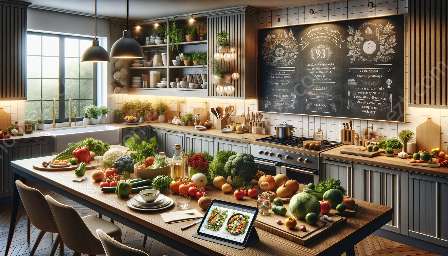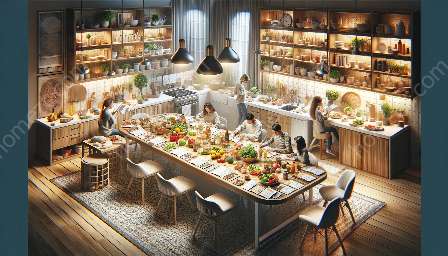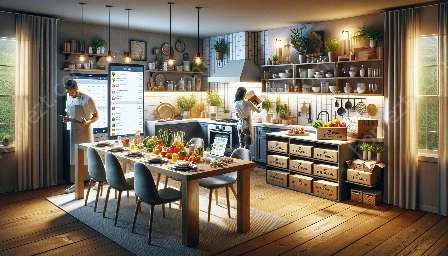Meal planning is not just a chore; it's a lifestyle choice that can transform the way you approach cooking, dining, and your home and garden. By carefully organizing and preparing meals in advance, you can save time, reduce waste, and make healthier choices. It's an art that can be incorporated seamlessly into your kitchen and dining routine, adding efficiency, creativity, and joy to your everyday life.
The Benefits of Meal Planning
Meal planning offers a multitude of advantages that extend beyond the kitchen. It allows you to streamline grocery shopping, save money, and reduce food waste. By having a clear idea of what meals you'll be preparing, you can make better food choices and ensure balanced nutrition for you and your family. Moreover, meal planning can minimize the stress of deciding what to cook each day, giving you more time and energy for other activities. From a home and garden perspective, meal planning can lead to a more organized kitchen, reduce clutter, and facilitate the use of fresh ingredients from your garden.
Integrating Meal Planning into Your Kitchen & Dining Experience
Meal planning starts with a well-organized kitchen. Consider creating a designated meal planning area, complete with a bulletin board or whiteboard for jotting down menus and grocery lists. Use clear containers for pantry staples and label them clearly to make meal preparation efficient. Utilize kitchen tools like a slow cooker or instant pot to prepare meals in advance, and invest in quality storage containers for freezer-friendly dishes. When it comes to dining, embrace the art of presentation. Set a beautiful table, utilize placemats and napkins, and consider investing in quality dinnerware and cutlery to enhance the dining experience.
Measuring Success in the Home & Garden
As meal planning becomes an integral part of your routine, you'll notice positive changes in your home and garden. Your kitchen will become more organized and efficient, making cooking and cleanup easier. With reduced food waste, you'll likely find your household producing less trash, emphasizing eco-friendly living. In the garden, meal planning can inspire you to grow your own fresh produce, allowing you to incorporate homegrown ingredients into your planned meals. This not only connects you to the earth but also contributes to a sustainable home and garden lifestyle.
Stay Inspired and Creative
Meal planning doesn't have to be rigid and monotonous. Embrace the opportunity to try new recipes, explore different cuisines, and experiment with seasonal ingredients. Incorporate variety into your meal plans to keep things interesting and create a sense of anticipation for each meal. Consider involving your family by encouraging them to contribute ideas and preferences, fostering a sense of togetherness and shared responsibility. Ultimately, meal planning should reflect your unique taste, lifestyle, and home and garden environment.
Embracing the Journey
As with any lifestyle change, meal planning is a journey. It's about finding what works best for you, your kitchen, your dining rituals, and your home and garden. Be open to adapting your meal planning strategies as you learn and grow, and don't be afraid to seek inspiration from various sources such as cookbooks, online communities, and local farmers' markets. Embracing meal planning as an art within the context of your home and garden can enrich your overall living experience, making it more sustainable, efficient, and enjoyable.






